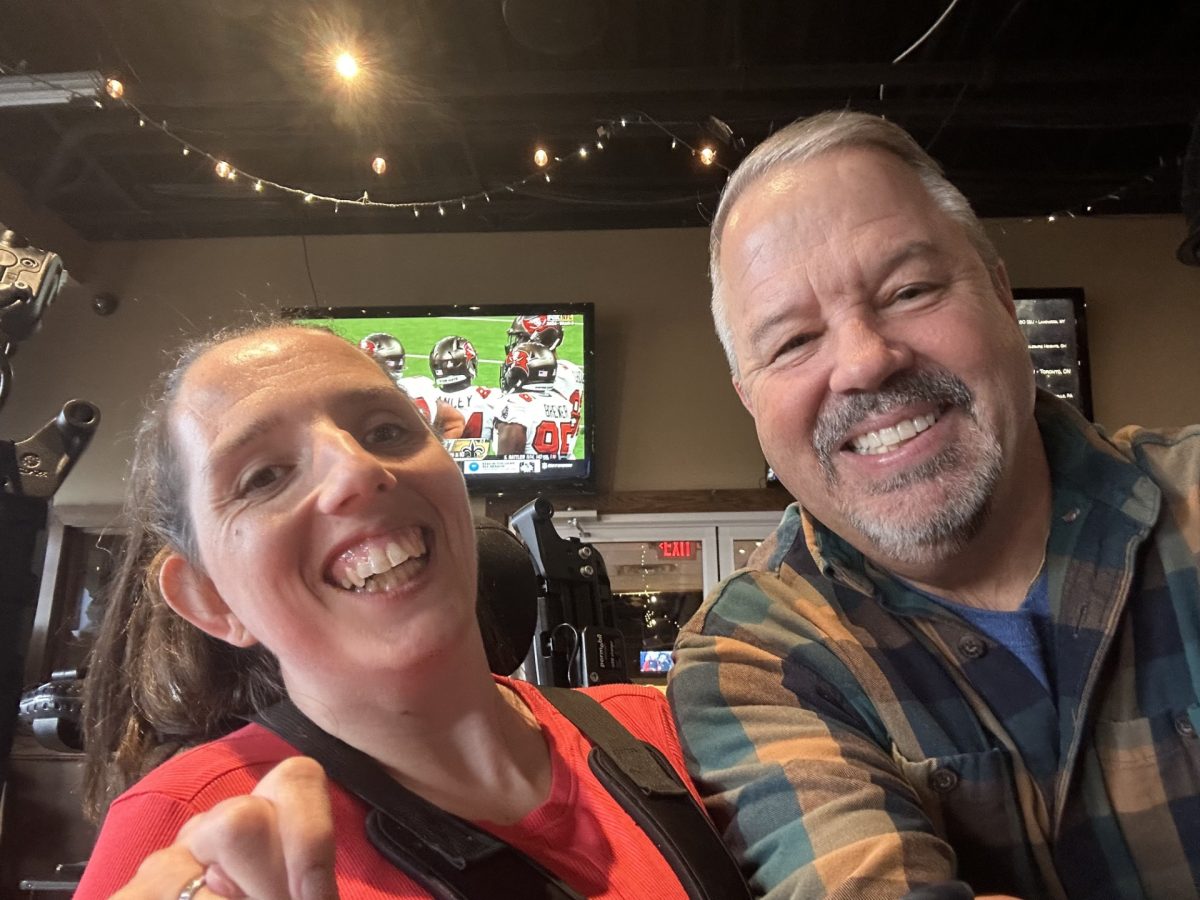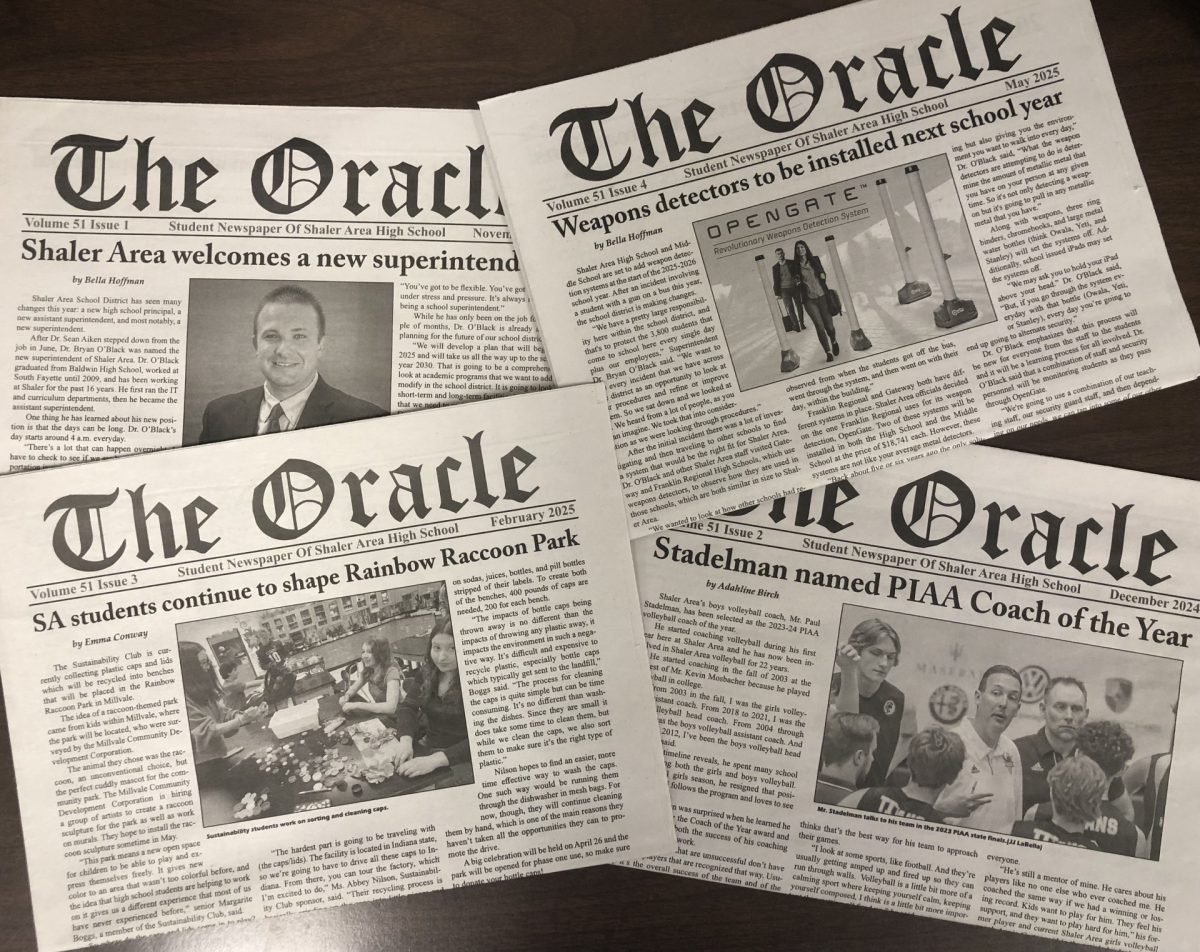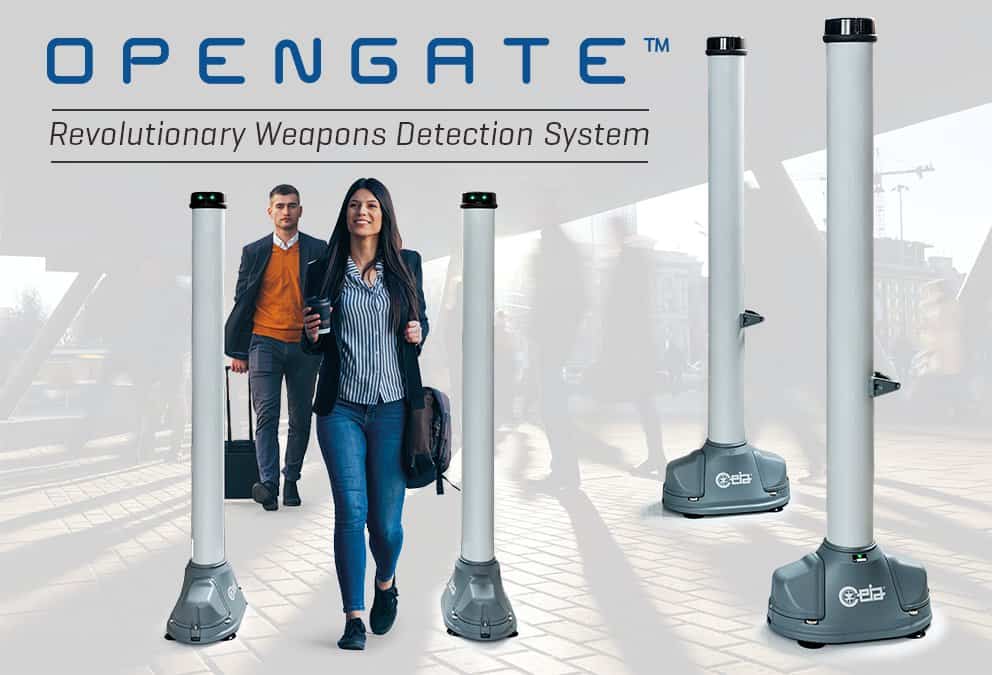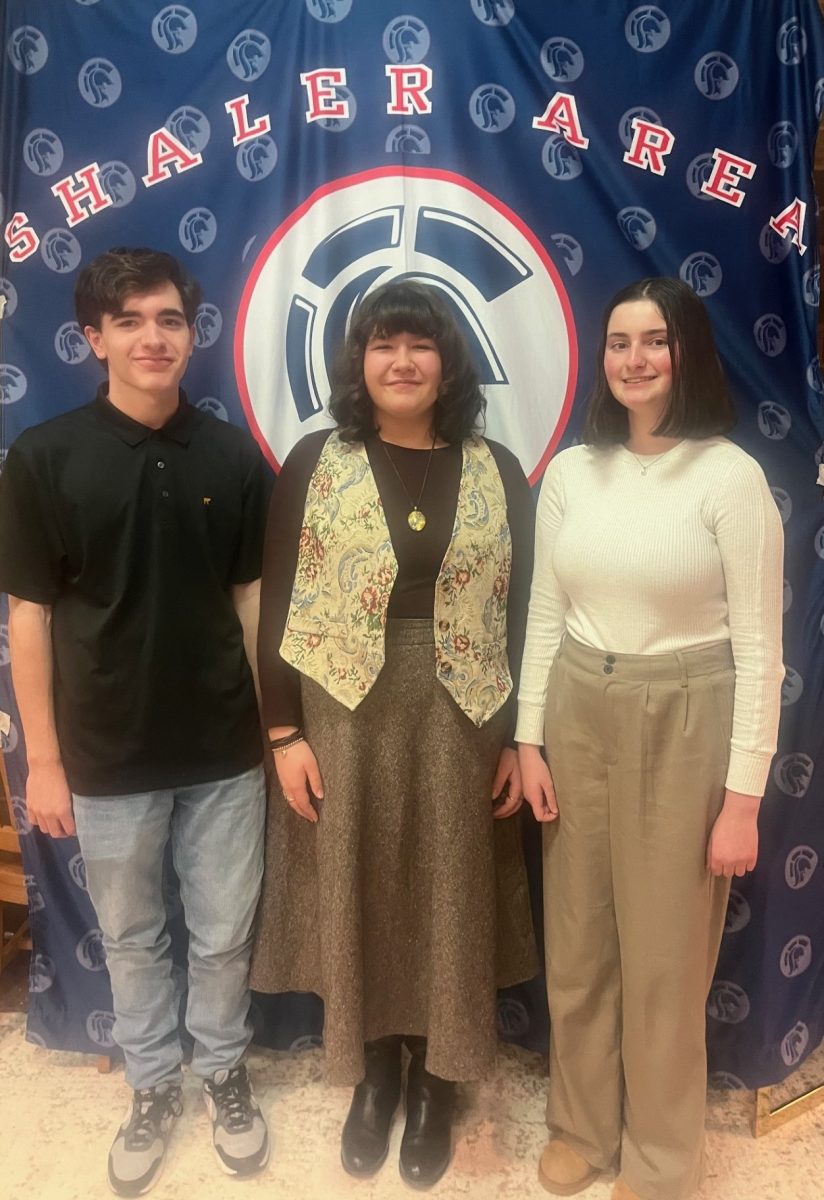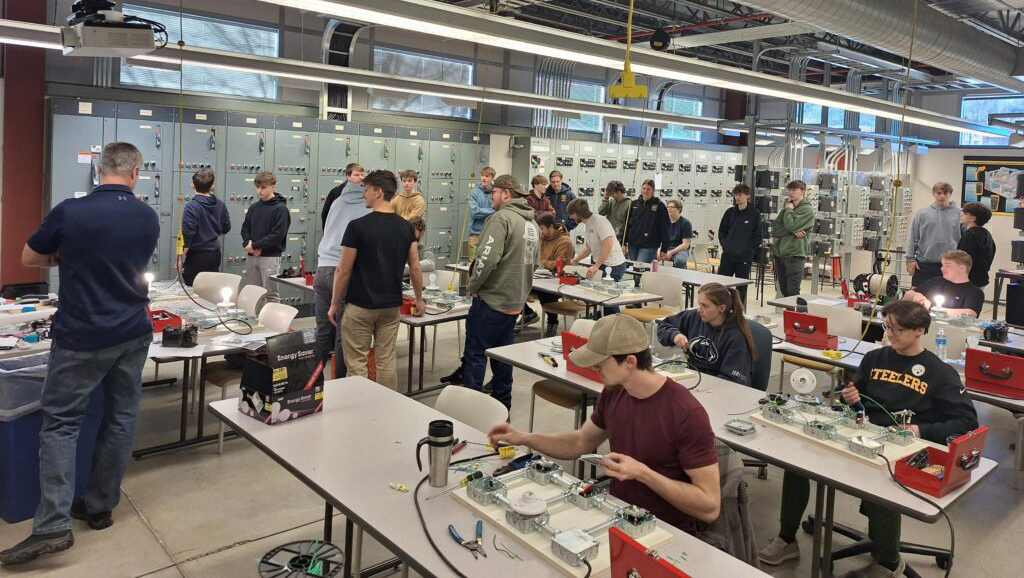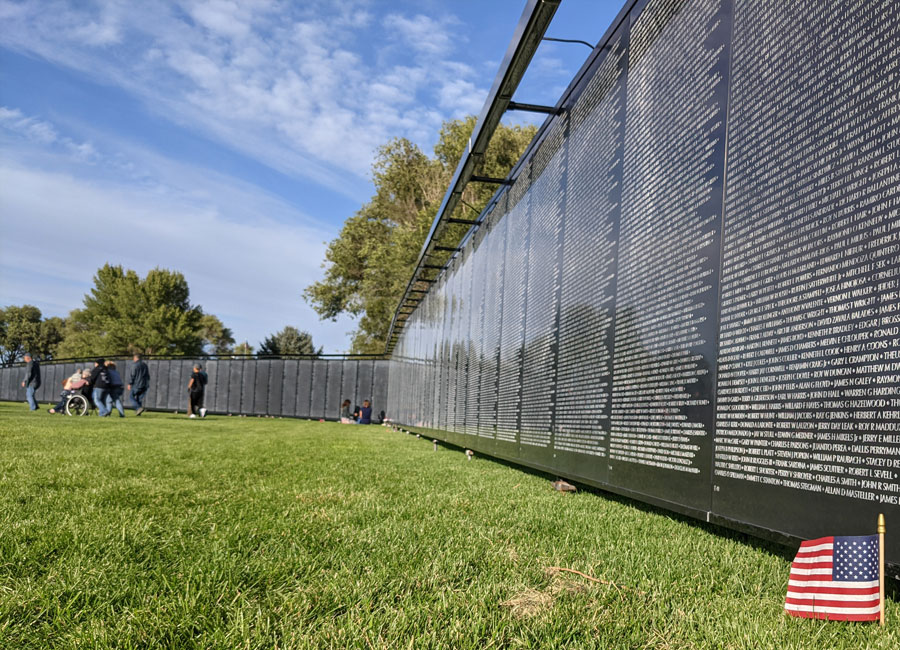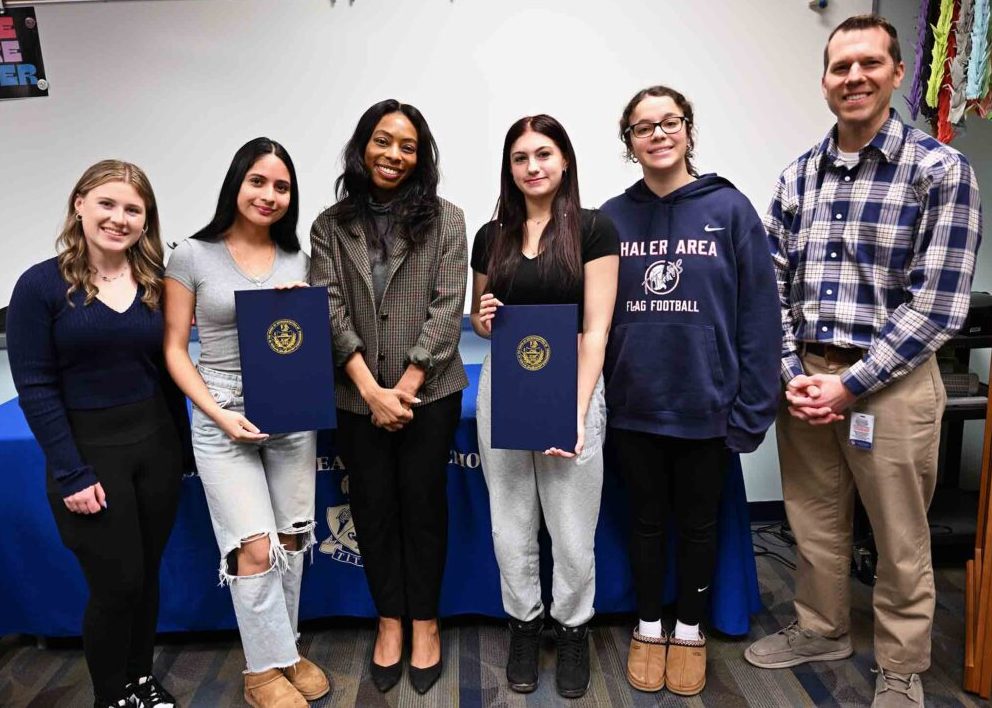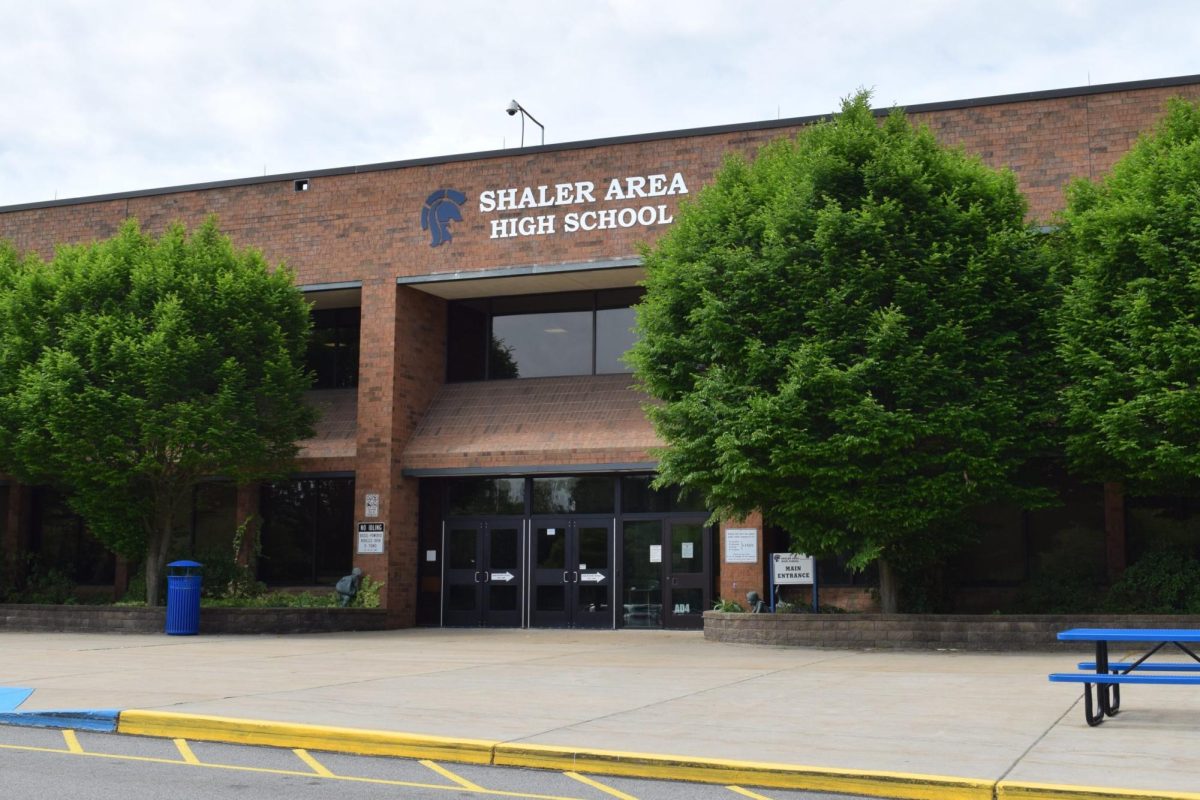For most people, retirement means golf, relaxation, and spending time with their grandkids. But that’s not the case for Dr. Joe Merhaut. During Dr. Merhaut’s 35 years in education, he taught special education, he was the principal at Hampton High School and he was a professor at Slippery Rock University in the Special Education Department. In January of 2024, Dr. Merhaut’s career was coming to a close, or so he thought.
Just as Dr. Merhaut was getting ready to start enjoying his retirement, his phone rang.
“Dr. O’Black, who I’ve known for many years, called me and said, ‘Hey, we’re in a predicament. We need somebody to come in as an interim (assistant principal). Are you interested?’” Dr. Merhaut said.
Although retirement seemed nice, the Shaler Area offer piqued Dr. Merhaut’s interest.
“I’m not out looking for work. When you retire, you’re supposed to retire,” Dr. Merhaut said. “If any other school district would have asked me, I probably would have said no. That’s the main reason why he was able to pull me out. It’s a good school district to work in.”
According to Dr. Merhaut, his duties will include doing some teacher observations and evaluations, some student discipline and what he called day-to-day management.
Part of Dr. Merhaut’s day-to-day schedule means that he will not be in the building on Fridays because of a family commitment.
“My daughter Molly, who’s 30, has cerebral palsy. She’s in a wheelchair, but she is the most loving, caring individual you’d ever want to meet. On Fridays, I take her to Slippery Rock University to the physical therapy department,” Dr. Merhaut said. “She actually works with first-year physical therapy students. They get an opportunity to work with her, a person with a physical disability. We’ve been doing that now for 13 years.”
No matter how many days Dr. Merhaut is in the building, stepping into a new role in a new school is always challenging to say the least. Dr. Merhaut joked that he felt like an incoming freshman not knowing where to go or who people are.
“The hardest part is getting to know the names of everybody. Trying to figure out who everybody is, that’s always tough,” Dr. Merhaut said. “I study the yearbook.”
But not every face here at SAHS is an unfamiliar one.
“Some of the teachers in this building were my students at Slippery Rock. They were in the Special Ed program,” Dr. Merhaut said.
Dr. Merhaut wants to take this time to make connections with teachers and students here at Shaler Area High School.
“I think working with the students is the best part. A lot of people say, ‘Oh man, public schools today, the students are so difficult.’ I’m like, ‘No, students aren’t difficult.’ Students are students,” he said.
Dr. Merhaut has worked with a very diverse group of students during his career. Maybe the range of high school students to college kids doesn’t seem that diverse to you, but that’s not where the list of his former students ends.
Dr. Merhaut’s education career got off to an interesting start. He has the distinction of being the first student teacher in the state of Pennsylvania to student teach at a prison. He worked as a teacher in the Mercer State regional Correctional Facility where he worked with students that ranged in age from 8 to 78.
“I taught adult basic education, and I actually had inmates that worked in my classroom as tutors with some of the other inmates who were low functioning. I had guys that couldn’t even read their basic sight words. It was very sad,” Dr. Merhaut said.
One of Dr. Merhaut’s most memorable students was actually one of his former classmates. One of Dr. Merhaut’s elementary school classmates was convicted of arson and sent to jail. They had the opportunity to reconnect during their time at the jail. Dr. Merhaut admitted that this was one of his coolest experiences as a teacher.
Dr. Merhaut’s new position as interim assistant principal is different from being a professor or teaching special education or even teaching inmates, but he is excited about being back in a school setting.
“Public education gets a bad rap. Oftentimes people really need to go into the schools and see what’s actually going on. If they would do that, they wouldn’t be giving us such a bad rap,” Dr. Merhaut said. “There are a lot of good things going on here.”


